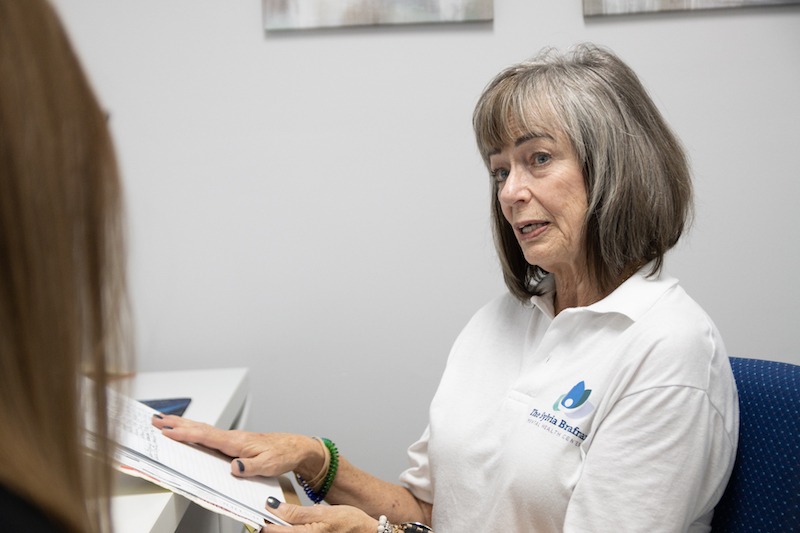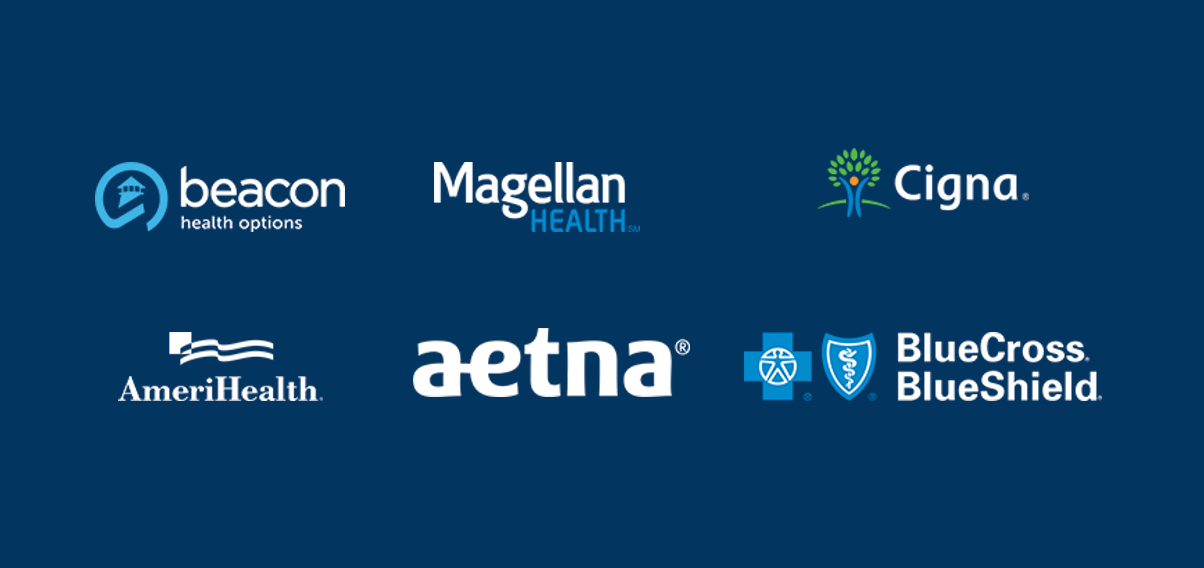The Sylvia Brafman Mental Health Center, located in the heart of Florida, is a leading provider of anxiety disorder treatment. We specialize in most anxiety disorders, including generalized anxiety disorder, social anxiety, panic disorder, agoraphobia, and separation anxiety. Our center, nestled in beautiful Broward County and just a short drive from Miami, Fort Lauderdale, West Palm Beach, Boca Raton, Hollywood, Coral Gables, Key West, and Pompano Beach, is renowned for its exceptional care and commitment to patient well-being.
Our center offers a range of treatment programs including the Partial Hospitalization Program (PHP) and the Intensive Outpatient Program (IOP). These programs are designed to provide holistic anxiety treatment, blending traditional medical approaches with innovative therapies. Whether you need help managing panic attacks, generalized anxiety disorder, or anxiety coupled with depression, our team of compassionate professionals is here to guide you towards recovery. Call us today to learn more about our anxiety therapy in Fort Lauderdale, West Palm Beach or surrounding areas, and start your journey towards a life free from the crippling effects of anxiety. You don’t have to face this alone; let us walk this path with you.











